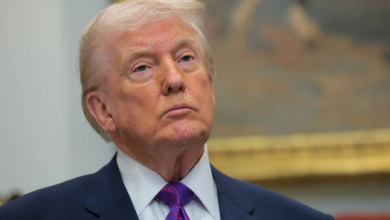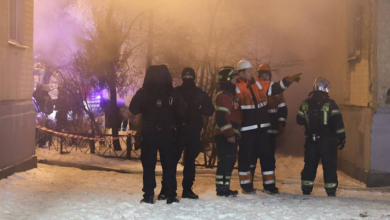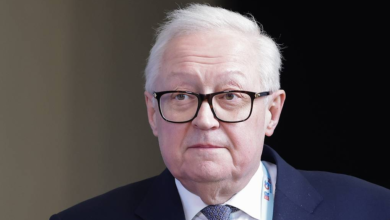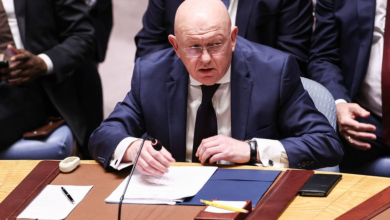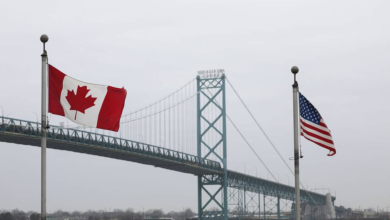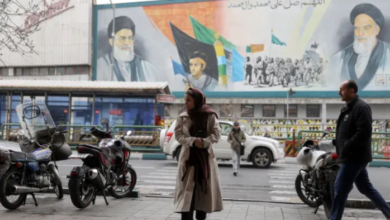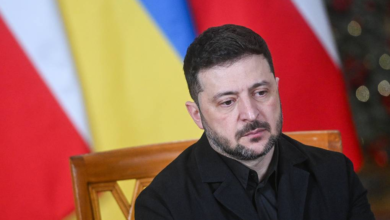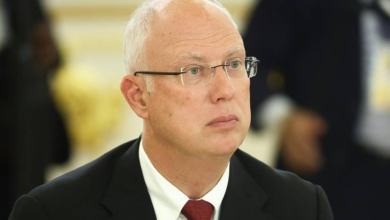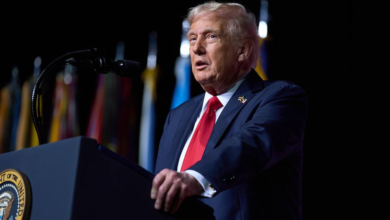The Fire We Can’t Ignore: America’s Reckoning with Global Choices
As you sow, so shall you reap—a powerful reminder that the consequences of unchecked power are not limited by borders
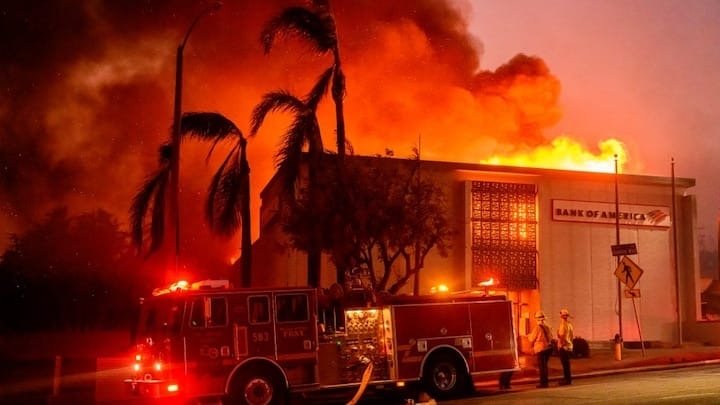
By Muskaan Nargis
The fire that engulfed Los Angeles recently has sparked a blaze of controversy not just in the city but across the digital world. Social media platforms are abuzz with posts drawing parallels between this incident and the United States’ foreign policies, particularly its unwavering support for Israel amidst the Palestinian crisis. A phrase echoed repeatedly across these platforms is, “As you sow, so shall you reap.” This reflection encapsulates the deep frustration and criticism of America’s role on the global stage.
The United States has long been accused of fueling the flames of conflict in others’ homes, especially in Palestine and Gaza. Its persistent support for Israel, often at the cost of Palestinian lives, has drawn the ire of millions worldwide. The images of destroyed homes, grieving families, and shattered lives in Gaza are etched in our collective memory, a grim testament to the consequences of biased political alliances. Now, as Los Angeles burns, many see it as a stark reminder of the proverb: “Karma never forgets an address.”
As a writer I cannot help but question the hypocrisy of global politics. The fire in Los Angeles is undeniably tragic, with lives disrupted and communities thrown into chaos. But can we ignore the eerie similarity between this disaster and the destruction the U.S. has indirectly endorsed in Palestine? For years, America has supplied arms, funds, and political backing to Israel, enabling the systematic suppression of Palestinian voices. While Gaza burns, the U.S. remains silent—or worse, complicit.
Now, as the flames rage in its own backyard, it seems nature itself is sending a powerful message. This is not merely an act of Almighty or a freak accident; it is a moment of reckoning. A superpower that has turned a blind eye to the suffering of others cannot remain insulated from its consequences forever.
From a political standpoint, the U.S. must confront its dual standards. It has positioned itself as a champion of democracy and human rights, yet its actions often betray these ideals. Supporting the displacement of Palestinian families, endorsing the bombing of civilian areas, and justifying the siege of Gaza are not the hallmarks of a just and compassionate nation. Instead, these actions paint a picture of a country more interested in power than in peace.
The fire in Los Angeles is a wake-up call. It is a chance for the U.S. to reflect on its role in global conflicts and reconsider its priorities. How can a nation preach about building bridges when it actively contributes to the destruction of homes abroad? How can it claim to be a beacon of hope when it is often the harbinger of despair for countless innocents?
This article is not an attempt to belittle the suffering of those affected by the Los Angeles fire. On the contrary, it is a plea for empathy—a reminder that the pain of loss and devastation is universal. Whether it is a family in Gaza mourning their child or a family in Los Angeles losing their home, the anguish is the same. The only difference is that one is often ignored while the other dominates headlines.
It is time for the United States to reassess its foreign policies and take accountability for the consequences of its actions. Supporting justice and peace should not be conditional or selective. If America wants to lead the world, it must first learn to listen to it.
As I pen these words, I do so with a heavy heart but a firm conviction. The fire in Los Angeles is not just a disaster; it is a metaphor for the unchecked arrogance of power. It is a mirror reflecting the policies that have caused fires in homes far away from American soil.
As a writer and a global citizen, I urge those in power to see this moment for what it truly is—a chance to change course before it’s too late. Because if history has taught us anything, it’s that karma is not just a spiritual concept; it is a political reality.
